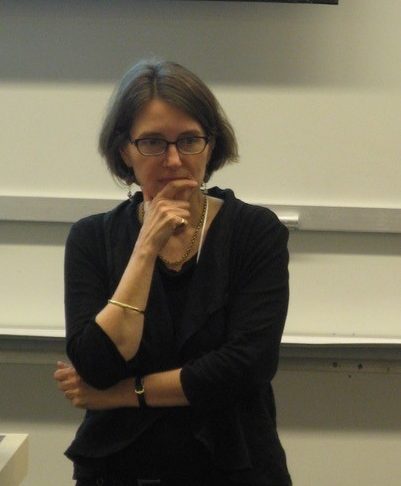Prof. Barbara Leckie recently received a University Research Achievement Award for her current book project, Unfinished: A Cultural History of Nineteenth-Century Procrastination. Unfinished is inspired by the fact that much of the burgeoning material on procrastination of the last thirty years draws its examples from the nineteenth century (Samuel Coleridge and George Eliot, among others, for example). And yet, to date, there has been no scholarly study of procrastination in this period. Indeed, there has been no historical study of procrastination at all. Unfinished accordingly fills this gap by offering a cultural history of procrastination in the nineteenth century, the period when procrastination emerges as a personal problem.
The book as a whole addresses the following questions: Why did procrastination emerge in the form it did alongside the rise of industrial modernity? How did it get constructed as a psychological problem? What role did cultural works play in helping contemporaries to understand, manage, and negotiate the new sense of a procrastinating self? How was the procrastinating self linked to the new formulation of a productive self? What were the stakes at play in these formulations? Unfinished has two main objectives: in general, to provide the first historical treatment of procrastination through a focus on the cultural history of procrastination in the nineteenth century; and in particular, to illustrate that the emergence of procrastination as a personal pathology has its origins in the nineteenth century with the rise of industrial modernity.
See the esteemed company Prof. Leckie keeps here.
